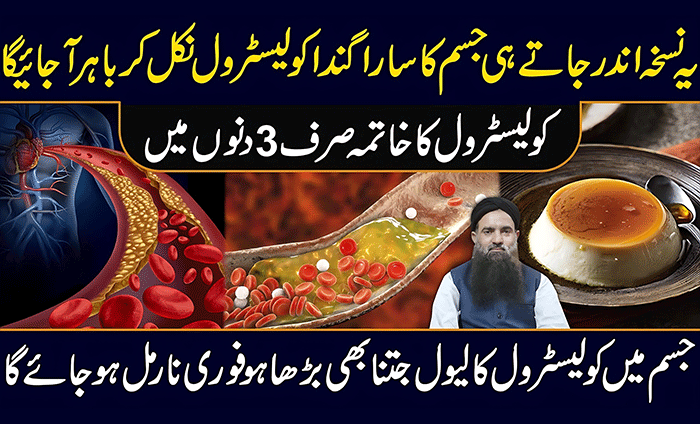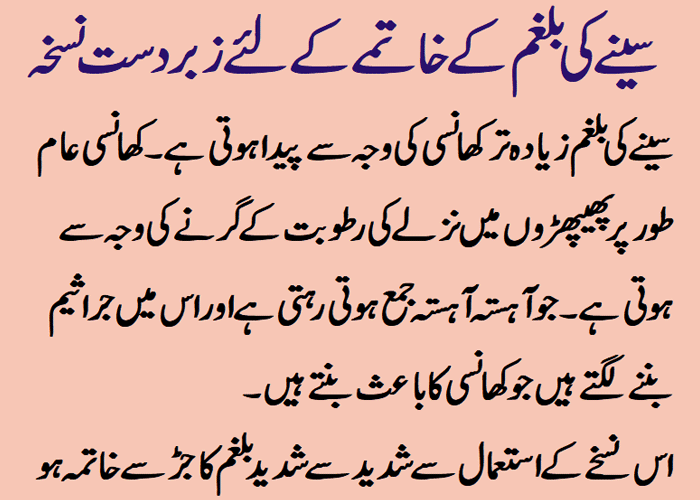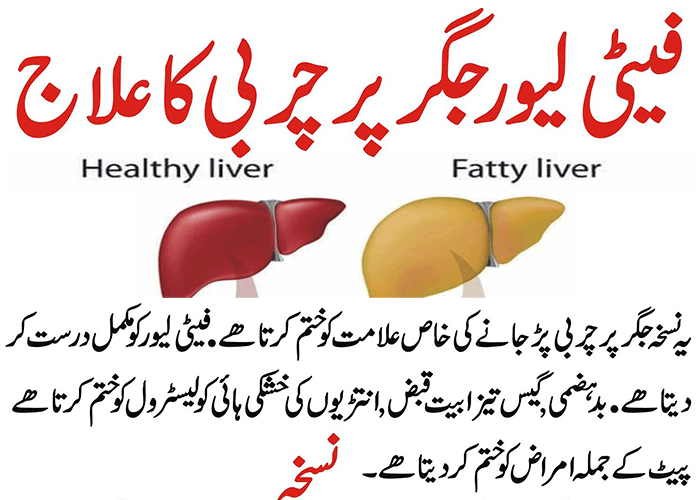
In today’s fast-paced world, maintaining a healthy lifestyle is more crucial than ever. One significant aspect of overall health is managing cholesterol levels, particularly reducing the levels of bad cholesterol, also known as LDL (low-density lipoprotein). Fortunately, there are practical and accessible ways to achieve this goal without resorting to medications. and home remedies.
What is Cholesterol: Before we learn how to lower bad cholesterol, let’s get to know what it is. Cholesterol is like a fatty building block our body needs for cells and hormones. But if it gets out of balance, especially the bad kind called LDL, it can clog up our arteries and make our hearts unhappy.
Lowering Bad Cholesterol with Home Remedy
Cholesterol and Vitamin D: Cholesterol is like a starting point for making vitamin D. This vitamin is super important for your bones, immune system, and how your body works. When sunlight hits your skin, cholesterol helps make vitamin D. So, having the right amount of cholesterol is good for your overall health.
Diet: The Foundation of Cholesterol Management
A well-balanced diet is the cornerstone of managing cholesterol levels. Opting for a heart-healthy diet involves incorporating foods that actively work to lower LDL cholesterol. Begin by increasing your intake of soluble fiber found in fruits, vegetables, and whole grains. These foods act like sponges, soaking up cholesterol and aiding in its elimination from the body.
Transitioning from saturated fats to healthier alternatives like monounsaturated and polyunsaturated fats is another dietary strategy. Olive oil, avocados, and fatty fish rich in omega-3 fatty acids are excellent choices. These healthy fats not only lower bad cholesterol but also support overall heart health.
Exercise: Move Towards Better Cardiovascular Health
Regular physical activity is a powerful tool for managing cholesterol levels. Engaging in aerobic exercises such as brisk walking, jogging, or cycling helps raise HDL (high-density lipoprotein) cholesterol, which acts as a scavenger, removing LDL cholesterol from the bloodstream.
Incorporating strength training exercises, even in a moderate form, contributes to weight management, reducing the risk of obesity – a factor often associated with high cholesterol levels. Aim for at least 150 minutes of moderate-intensity aerobic exercise per week, coupled with strength training exercises two days a week.
Lifestyle Changes: Small Steps, Big Impact
Simple lifestyle modifications can make a significant impact on cholesterol levels. Quitting smoking is a crucial step, as smoking not only lowers HDL cholesterol but also damages blood vessels, making it easier for cholesterol to accumulate.
Limiting alcohol intake is another lifestyle change that can positively affect cholesterol levels. While moderate alcohol consumption may have some heart benefits, excessive drinking can lead to elevated triglyceride levels, a type of fat that contributes to high cholesterol.
Home Remedies: Nature’s Solutions
Nature provides us with various remedies that can complement lifestyle changes. Consuming green tea, rich in antioxidants, has been linked to lower cholesterol levels. Additionally, adding garlic to your diet may have cholesterol-lowering effects, thanks to its active compounds.
Incorporating apple cider vinegar into your daily routine is another home remedy that has gained attention for its potential cholesterol-lowering properties. Mix a tablespoon of apple cider vinegar with a glass of water and consume before meals for potential benefits.
Monitoring Progress: The Key to Success
Regular check-ups are essential to monitor the progress of your cholesterol management efforts. Keep track of your cholesterol levels through blood tests, and discuss the results with your healthcare provider. This ensures that your chosen strategies are effective, allowing for adjustments as needed.
Conclusion: A Holistic Approach to Cholesterol Management
In conclusion, managing cholesterol involves a holistic approach that combines dietary choices, regular exercise, lifestyle adjustments, and the incorporation of home remedies. By making conscious decisions in these areas, individuals can take control of their cholesterol levels, reducing the risk of cardiovascular diseases and promoting overall health.
Remember, the journey to lower bad cholesterol is a gradual process. Implement these strategies consistently, and over time, you’ll likely experience positive changes in your cholesterol profile. Taking charge of your health today sets the foundation for a healthier and happier tomorrow.






